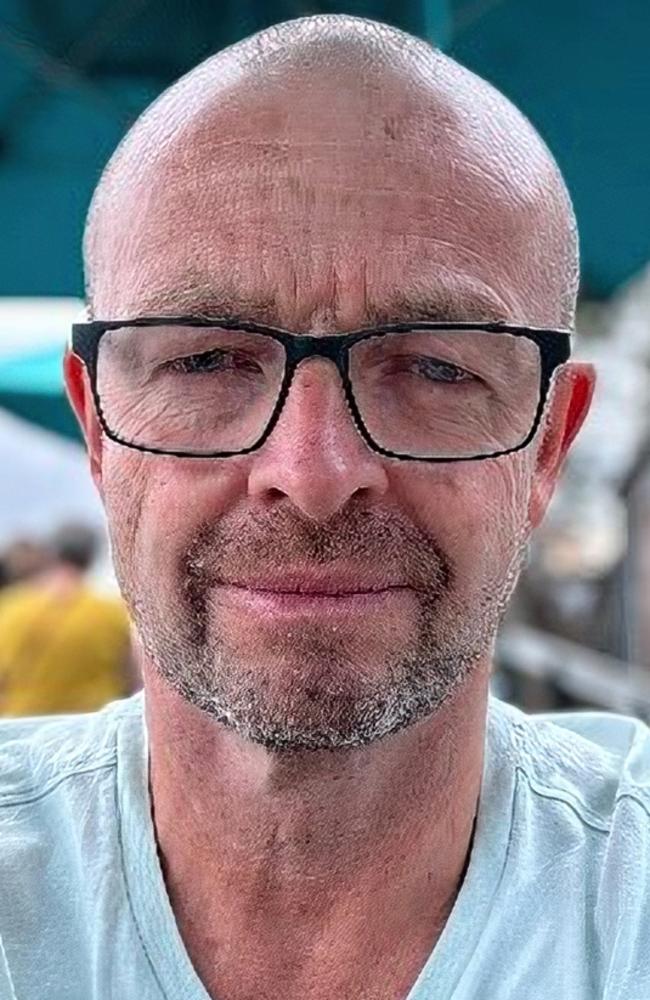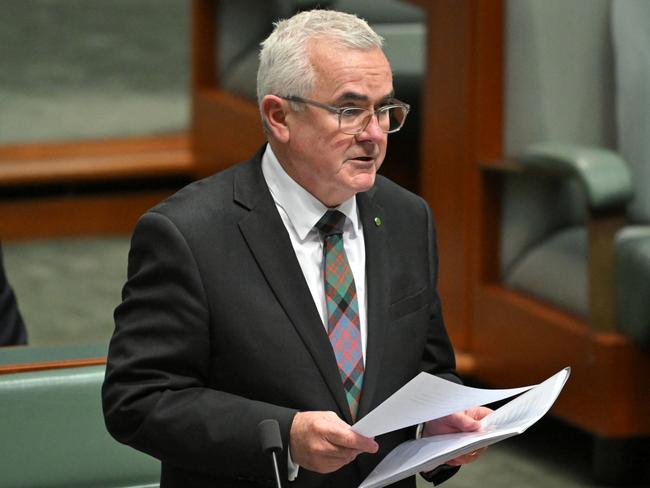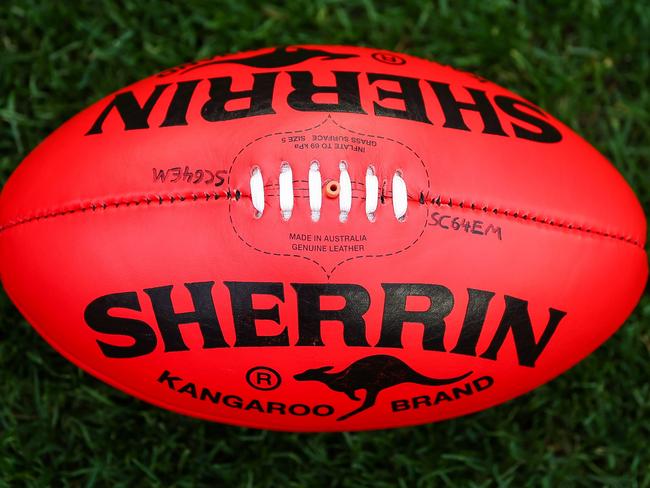Former ASADA chief Richard Ings says AFL should be congratulated for out of competition drug testing
The AFL’s illicit drugs policy is under a microscope like never before, but amid plenty of criticism, the former head of ASADA believes the policy has done its job, writes MARK ROBINSON.
AFL
Don't miss out on the headlines from AFL. Followed categories will be added to My News.
There’s a player everyone knows who would likely be dead if not for the AFL’s mental health program.
And there’s a doctor, who not many people would know, who saved him.
The player had a drug problem. What started as recreational use spiralled into something much worse. He needed help.
Yes, the player missed games and said injury was the reason why, but that wasn’t the issue for the doctor.
The doc’s sole concern was the player’s health. He told no one which more than likely frustrated the club officials who wanted to know if there was an issue with the player – or any player – taking drugs.
The doc was resolute, as expected. That information was private even if the football club president, chief executive and head of footy demanded names.
The point is the AFL’s illicit drugs policy, which includes the in-house testing – which was christened as ‘off-the-books’ testing – saved the life of this player.
“If the AFL’s illicit drugs policy has saved one life in two decades, it’s achieved its aim,’’ Richard Ings said.

Ings, the former chairman of Australia’s anti-doping agency, now known as Sports Integrity Australia, says the AFL should be “congratulated” for its out of competition testing policy, which includes players being stood down from playing because of a positive midweek drugs test.
His comments fly in the face of those made by founding WADA president Dick Pound, who on Tuesday accused the AFL of flouting the rules by employing the same underhand tactics that Eastern-bloc countries used during the Cold War to prevent Olympic athletes from being caught with anabolic steroids in their bodies.
“It’s not off the books drugs testing,” Ings said of the AFL’s perceived secret drug tests.
“The AFL is absolutely allowed to do this.
“And it’s a very good thing what the AFL is doing, and they’ve been doing it for 20 years.’’
He said the results of the AFL’s illicit drug testing program are not sent to SIA because they are not required by the anti-doping body.
“This whole Andrew Wilkie thing, about stopping SIA the opportunity to test players on match day, is complete and utter rubbish.”
The AFL was accused by the MP of circumventing the SIA drugs program by having players, under the AFL’s illicit drugs program, being stood down from playing because of drugs use.
“The AFL should be absolutely congratulated for that,” Ings said.
“It’s not circumventing the WADA (World Anti-Doping Agency) rules, it’s going above and beyond the WADA rules.
“WADA does not stop the AFL doing this.
“What some of these ill-informed people are suggesting is the AFL is going out there doing sneaky testing, identifying who might be using illicit drugs and stopping them from playing so SIA can’t catch them.
“I’d say that’s good because we don’t want people on drugs playing on match-day and cheating.”

He strongly defended AFL club doctors for standing down players.
He said that if a club doctor knowingly allowed a player to take the field with a banned drug in his body, the doctor could face anti-doping violation.
“If the players steps on the field on match day, they are breaking anti-doping rules,” Ings said.
“So, there are some people saying that if a club knows a player has been positive during the week and stands them down from the match on the weekend, it’s denying SIA the opportunity to test them and catch them for cheating on match day … It’s rubbish.
“The player hasn’t done anything wrong. The players using illicit drugs out of competition are not doing anything wrong. The only time the player is doing something wrong is if they step on the field of play.
“The player has taken illicit drugs, it’s a bad thing, it’s an illegal thing, but it hasn’t breached any WADA rules.
“What’s the best thing for a player to do? Break the WADA rules or not break the WADA rules, the best thing.
“And if club (doctor) doesn’t intervene and stop them from playing, then the club doctor is complicit in the player breaking an anti-doping rule, and the club doctor maybe subject to an anti-doping rule violation for aiding and abetting.”

The AFL drugs policy, or part thereof, has been heavily scrutinised since Wilkie’s revelations in parliament about the secret midweek testing.
It drew condemnation and queries from senior figures in the game, which included accusations the AFL was running a clandestine drug-taking regime.
“There’s no criticism that I can find in what the AFL is doing in this regard,” Ings said. “It’s an incredibly responsible thing to do.
“The fundamental question is: Should the club let the player play and cheat, or stop the player from playing? I believe, and I think any genuine person would believe, that we don’t want people cheating on the field of play.”
Nor, it must be said, players dying because an illicit drugs policy wasn’t in place.





